Letter to the Editor:
Subject; The Eleventh Province and Historical Realities
Dear Editor,
I recently read your article on the concept of the “Eleventh Province” and its implications in the Southern Cameroons liberation struggle.
I found it both thought-provoking and necessary, but I would like to offer a few reflections and clarifications based on my understanding of our shared history.
To begin with, it is partly true—and partly misleading—to suggest that Southern Cameroonians were fully empowered to determine their destiny in 1961.
The UN-organized plebiscite offered British Southern Cameroons only two choices: to join the already independent Republic of Cameroon (formerly French Cameroon, independent since January 1, 1960) or to integrate with Nigeria (independent since October 1, 1960).
What was deliberately omitted was the third—and arguably most natural—option: full independence. This, in hindsight, was a colonial sleight of hand that has had long-lasting consequences on our political fate.
I also wish to comment on the complex identity of many citizens often labeled as part of the so-called “Eleventh Province.” My grandparents, for example, migrated from French Cameroon into the British Southern Cameroons as early as the 1890s—long before partition borders hardened under European treaties.
This shows that historical migration and shared ancestry are not inherently political; what matters is where one’s allegiance lies today.
However, some confusion arises when discussions about the Eleventh Province are used to cast doubt on the legitimacy of current Ambazonian leadership structures. While internal debates and opaque electoral procedures may exist, they do not negate the validity of the broader liberation struggle.
The lack of party names or detailed processes in some reports should be addressed with transparency, but these should not become distractions from the core issue: our people’s right to freedom and self-determination.
In all, your article touched a nerve, and rightly so. These conversations are necessary. But in pursuing truth, we must remain careful not to erase the nuanced histories of real people caught in the web of colonial boundaries.
Sincerely,
Name Withheld
Mamfe, Southern Cameroons
Editorial Response: Setting the Record Straight on the Eleventh Province
Thank you for your thoughtful letter regarding the “Eleventh Province” and the broader historical context of the Southern Cameroons.
You are correct on two key points: first, that the 1961 plebiscite only offered two options—joining Nigeria or joining French Cameroon. The option of sovereign independence was deliberately denied, despite recommendations and desires from various factions within the British Southern Cameroons.
This limitation remains one of the most painful betrayals in the region’s history, and it laid the groundwork for today’s calls for decolonization and restoration.
Second, your observation about migratory movements prior to colonial demarcations is crucial. Many families, like yours, crossed into the British Southern Cameroons from French-controlled areas long before independence. This explains the presence of citizens with mixed colonial ancestry, but it should not be used to dilute the legitimacy of Ambazonian self-determination or the clear cultural and political identity that Southern Cameroons developed under British rule.
As for the internal leadership disputes and electoral processes within the Ambazonian movement, we acknowledge that transparency is vital. However, equating these internal debates with the legitimacy of the struggle itself is a false equivalence.
The fight for freedom must not be judged solely by transitional politics but by the enduring demand for justice, sovereignty, and dignity.
The term “Eleventh Province” remains a politically loaded concept. It speaks not of birthplace or ancestry, but of allegiance—those who, regardless of origin, now stand as de facto extensions of Yaoundé’s neocolonial project within Ambazonia.
Typical representatives of the Eleventh Province in the broadcasting and media domain include figures such as Peter Essoka, Patrick Siane, Eric Chinje, Zachary Nkuo, and Njomo Kevin just to name these few—
Individuals whose careers have often been aligned with narratives and institutions shaped by the Republic of Cameroon, rather than by the aspirations of Southern Cameroonians.
Thank you for enriching the conversation.
—The Editorial Team
The Independentist














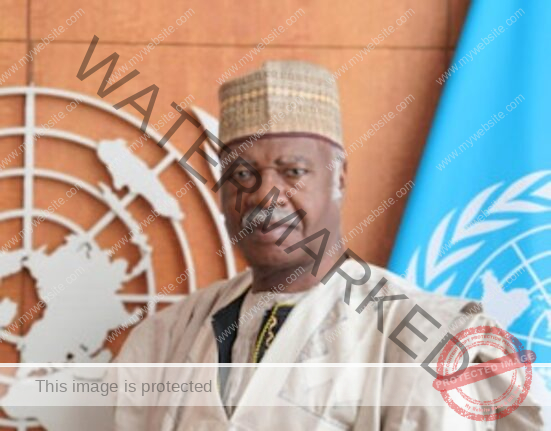
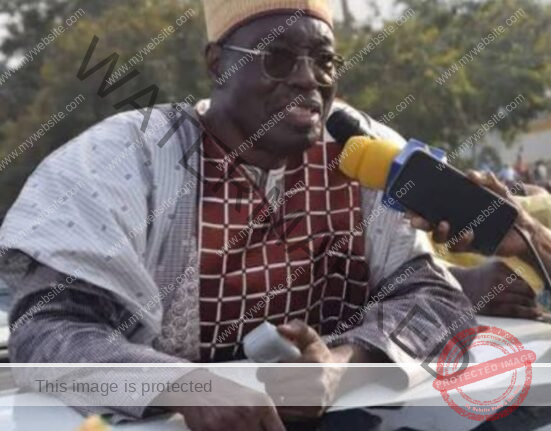
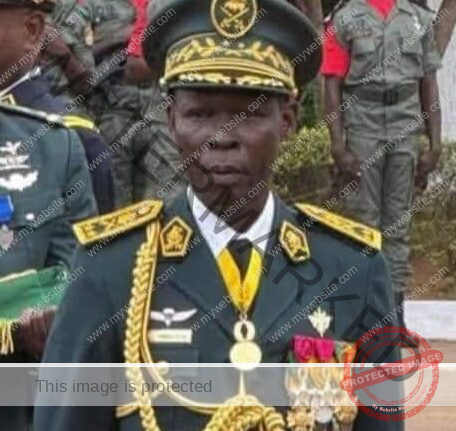
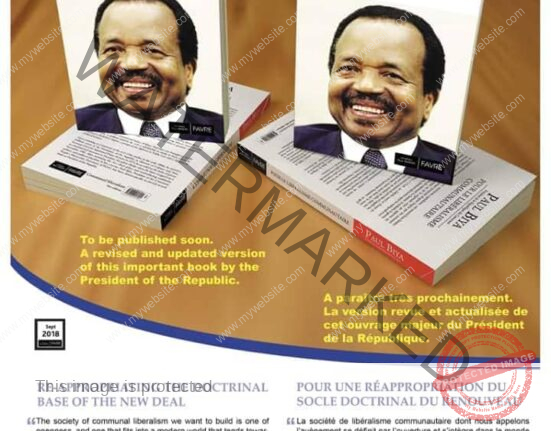
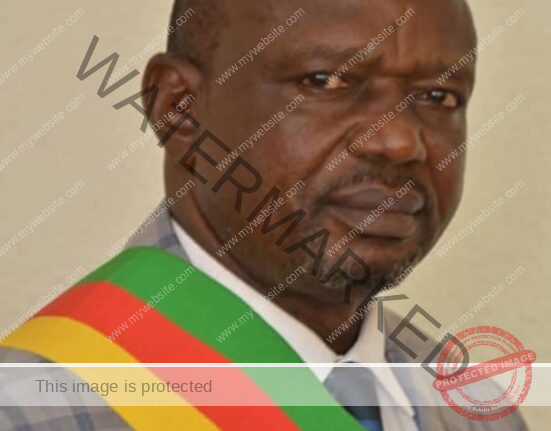
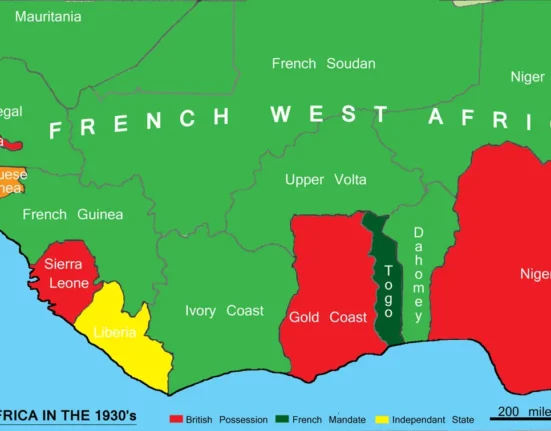

Leave feedback about this